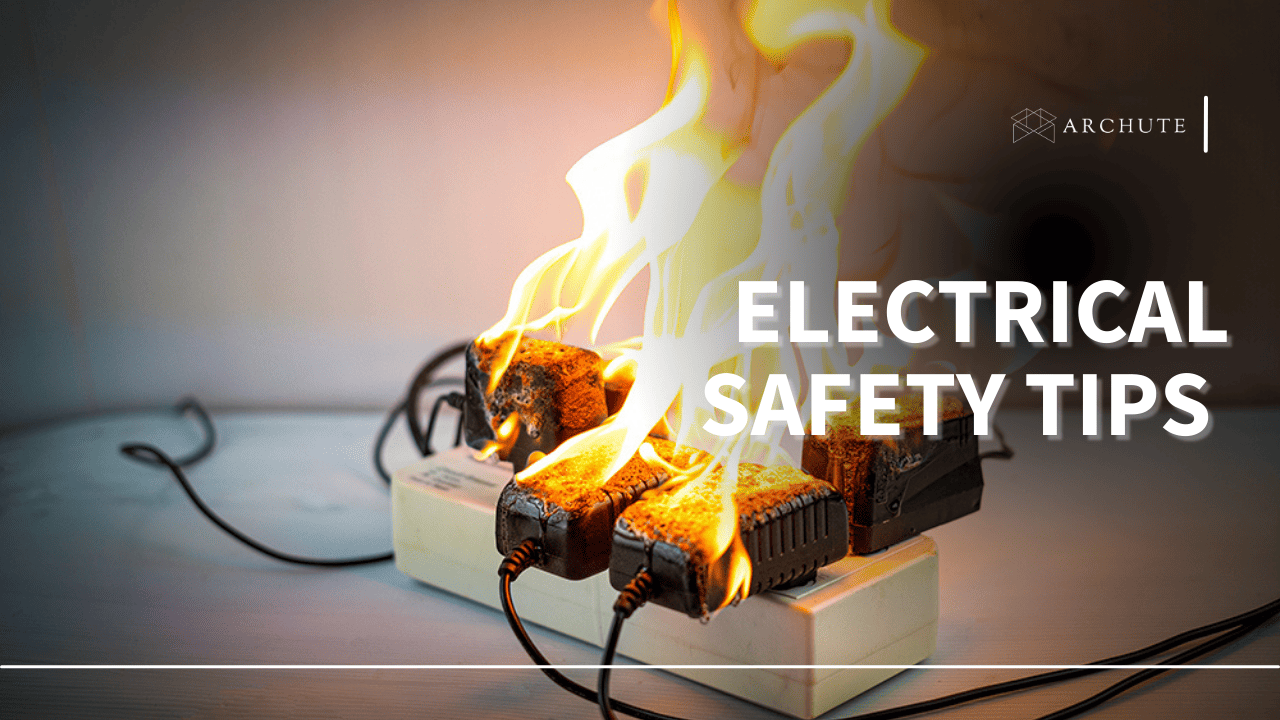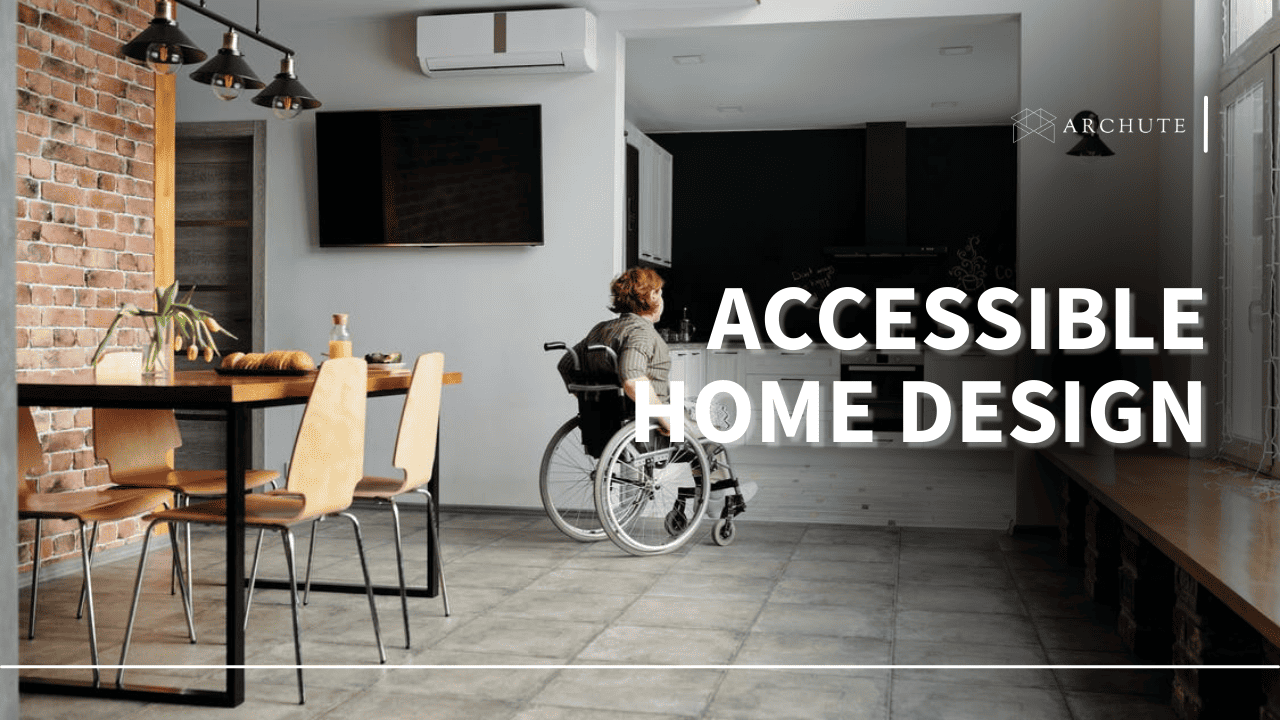Electricity, a vital part of our daily lives, powers everything from the kitchen toaster to the living room TV. It enables us to charge our phones by our bed, and it helps us wash our clothes in the washing machine. However, as much as it serves our daily needs, electricity also demands our utmost respect and caution, which is why we need to know electrical safety tips.
Ignoring your obligations around electrical safety in the home can lead to serious consequences - even a small oversight might result in a dangerous, life-threatening accident. That's why it's essential to stay informed and updated.
Together, with Cyber Electrical, we're going to explore three crucial electrical safety tips to help keep yourself, your home, and everyone else in it as safe as possible. Let's get started!
Electrical Safety Tips for Your Home
1. Always Check for Damaged Electrical Equipment

Image credits: rgelectric.com
First things first, keep an eye out for damaged electrical equipment. Whether it's a frayed power cord, a sparking outlet, or a flickering light, any signs of damage could indicate a serious electrical hazard. Given that 40% of house fires each year in NSW are the result of electrical faults and faulty electrical equipment, staying vigilant on this matter is well worth your while.

Image credits: elsyselectricalltd
Keep these tips in mind:
- Regularly inspect your electrical equipment. Make it a habit to regularly check your electrical appliances and cords for any visible damage or wear.
- Replace cords and cables promptly. If you find a damaged cord, replace it immediately. Don't attempt to repair it using insulation tape; it's a temporary solution at best and could pose a serious risk.
- Be aware of unusual behavior coming from the appliance. Electrical equipment shouldn't spark, buzz, or give you a shock. If it does, stop using it and contact a licensed electrician.
It’s always wise to err on the side of caution when it comes to electrical equipment that you’re even slightly suspicious of, whether that means repair or replacement.
2. Always Use a Licensed Electrician
Next up, and this can't be emphasized enough, always use a licensed electrician for all your electrical work. Why? Because licensed electricians are trained to understand the complexities of electrical systems and how to adhere to Australian Standards AS/NZS 3000:2018, also known as the Wiring Rules.

Image source: pittsburghtechnicalcollege.com
But above that, it simply is illegal to perform your own electrical work beyond anything more than basic tasks like changing a light bulb or replacing a fuse.
Consider these pointers:
- Check their license: Before hiring an electrician, be sure to check their license details.
- Don't DIY: Even if you think you're quite handy around the house, avoid doing electrical work yourself. Aside from the legal aspect, the risk just isn’t worth it.
- Ask for a certificate: Once the work is done, always ask for a certificate of electrical safety. It verifies that the work meets the Australian Standards.
Though the laws vary slightly between the different states and territories of Australia, the fundamental principle is the same nationwide. So check with your state or territory government as to what you can do yourself and when you must use a licensed electrical contractor.
3. Practice Safe Habits Around Water and Electricity
It should go without saying, but I’ll say it anyway – water and electricity do not mix! Water is a strong conductor of electricity, so when they come into contact, the consequences can be anything from short-circuiting that leads to electrical fire to fatal electrocution.
Here's what you should do when using electricity or electrical appliances:
- Steer clear of wet areas: Never use electrical appliances near water or while you're wet. Keep appliances well away from sinks, bathtubs, and pools.
- Use RCDs / safety switches: Install Residual Current Devices (RCDs) in your switchboard. They rapidly cut the electricity supply if a leak is detected, protecting you from a potentially fatal electric shock. As a general rule of thumb, you should have at least one RCD switch installed per electrical circuit in your home.
- Don’t touch wires in wet conditions: If you see fallen or exposed wires after a heavy flooding or storm activity, stay clear and immediately call your electricity supply authority.
If a person comes into contact with water that itself has come into contact with an electrical source, their body becomes a clear path for the electrical current to flow through. This can cause severe injuries or even be fatal. In short, “water and electricity do not mix” is a crucial rule that everyone should abide by.
4. Use Electrical Cords Appropriately
Electrical extensions shouldn't be used anyhow. They need to be used cautiously to prevent accidents. So, avoid plugging space heaters, cooking appliances, hairdryers, refrigerators, and air conditioners directly into the extension cord.

Image source: omag.com
If you have to use extensions, make them temporary. In addition, if you have to, ensure that you use a fused inline type rather than the plug-in cube type. If you find yourself using the extension cords often, try to get additional outlets.
5. Do Not Overload Electrical Outlets

Image source: wentzelsheating.com
Overloaded outlets are among the most common causes of accidents. If you overload an electrical outlet, it is likely to feel warm look scorched, and produce a burning odor. You can avoid overloads by not connecting appliances with extension cords or multi-outlet converters.
6. Install Ground Fault Circuit Interrupters (GFCI outlets)
All rooms with running water should have GFCI outlets. These outlets monitor the circuit for any disruptions in current that may cause a shock. Water is among the factors that are likely to disrupt electric flows. For this reason, install Ground Fault Circuit Interrupters in the kitchen, bathroom, and laundry room.

Image source: youtube.com
They are usually in new homes. However, if you live in an older home, you may want to install them to improve your safety. GFCI protects users from severe electric shocks. This is because they detect ground faults, which are technically current that leak into the ground.
7. Keep Outlets Childproof
The curiosity that killed the cat also spread to toddlers and children. Their curiosity is always unmatched and this can put them in harm's way if they are not supervised. So, to keep your little ones safe from electric shocks, install outlet covers.

Image source: mistersparky.com
This action ensures your children do not insert foreign objects into the outlets. When covered with Tamper Resistant Receptacles, only you can insert a plug as it exerts more pressure.
Remember Safety First!
The familiar saying "safety first" is especially true when it comes to electricity use in the house. So by applying these electrical safety tips and making them a part of your everyday routine, you can make a safe and happy home for everyone.

Image source: electricalsafety.com
If and when you're unsure about anything related to electrical safety in the home, don't hesitate to consult with a licensed electrician. Avoid taking unnecessary risks, and always err on the side of caution.
Frequently Asked Questions On Electrical Safety Tips
1. What are the three basic safety rules to follow when dealing with electricity?
The three main basic safety precautions include;
- avoid overloading sockets by having enough socket outlets
- switch off or unplug appliances before cleaning or making adjustments
- when possible, switch off all electricals at the mains at the end of the working day
2. How can I avoid electrical hazards?
Do not turn the power on or off or handle electric appliances while standing in the water. Ensure that all electrical equipment is completely dry before putting them back into service.
3. What are the safety guidelines given to help electrical workers?
- Avoid water completely when working with electricity
- Ensure you use insulated tools when working
- Switch off, isolate, and earth the circuit appropriately before doing any work with the circuit
- Do not use a steel or aluminum ladder when working on a receptacle at a height
- By all means, avoid wearing metal buckets, suspenders, or armbands outside clothing during work.
- Do not work on electrical circuits during heavy lightning storms
- Wear shoes with sewn soles, preferably rubber soles
- Forbid unauthorized persons from entering working areas
- Label all electrical circuits, equipment, and bays to be safe
4. What are electrical safety tips for kids?
Kids should;
- stay away from substations and power lines
- never put metal objects in the toaster
- never use anything with electrical cords near water
- never pull plugs out by the cord
- never put fingers and other objects in electrical outlets
- not fly kites near power lines
5. Does water make electricity weaker?
Water is an electric insulator when it is in its purest form. This means that it shouldn't conduct electricity. However, when in an impure form, water becomes an electric conductor due to the components dissolved in it.
6. What happens when live electrical lines touch water?
In case the water comes in contact with live wires, it could cause socks, fires, and short circuits.
Featured Image Source: brubaker.inc













